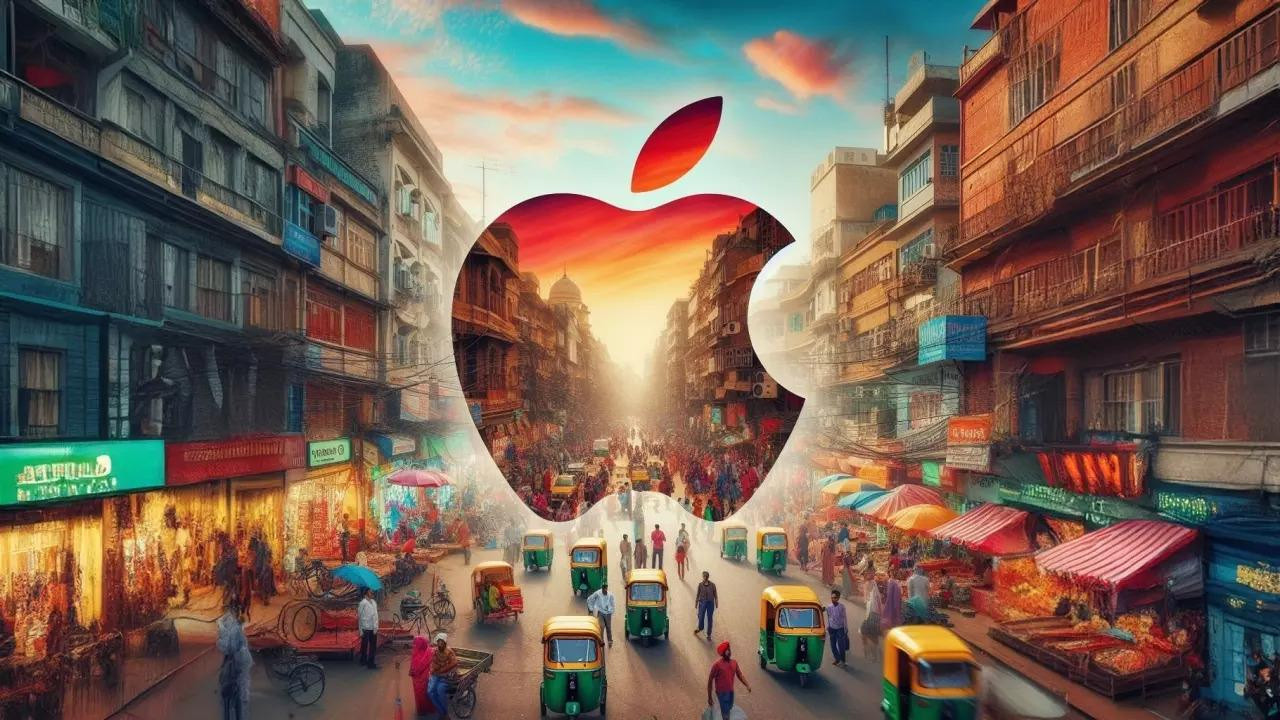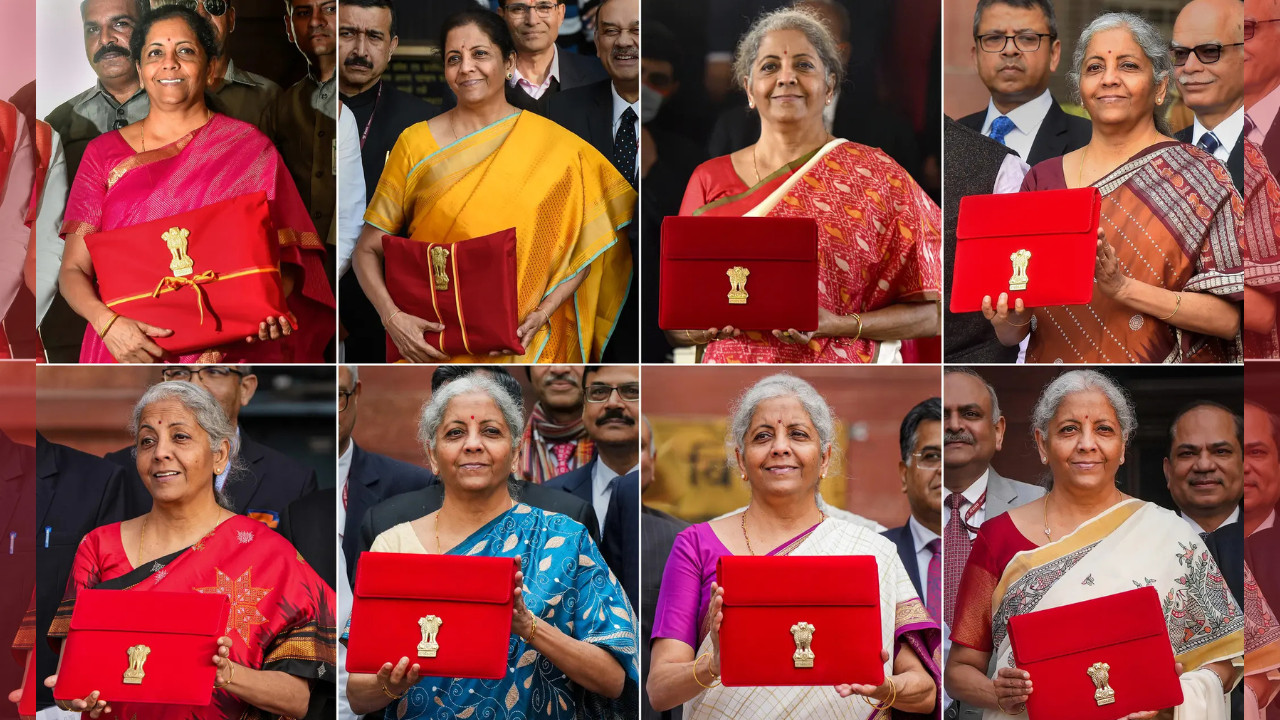Apple CEO Tim Cook confirmed that the majority of iPhones sold in the US during the last quarter were manufactured in India, while China primarily serves non-US markets. Despite Trump’s push for domestic production, Apple is bullish on India, witnessing record revenue growth driven by iPhone sales and planning retail expansion.
Shifting Tides: Is India the New iPhone Powerhouse?
For years, “Made in China” has been practically synonymous with Apple’s iconic iPhone. But the winds are changing. In a recent interview, Apple CEO Tim Cook dropped a fascinating tidbit: a majority of iPhones sold in the US are now being shipped from India. That’s a seismic shift, folks, and it speaks volumes about the evolving global manufacturing landscape.
This isn’t just about Apple diversifying its supply chain. It’s a clear indicator that India is rapidly emerging as a major player in high-tech manufacturing. Remember when Vietnam was touted as the next big thing? Well, India seems to be surpassing even those expectations. And the implications are huge, both for Apple, for India’s economy, and potentially for the future of global trade.
Why the Big Move to iPhone Manufacturing in India?
The reasons behind this shift are multifaceted. Geopolitical tensions between the US and China have undeniably played a role. Companies like Apple are keen to reduce their reliance on a single country for production, mitigating the risk of disruptions caused by tariffs, trade wars, or even political instability. This de-risking strategy makes perfect sense.
But it’s not just about mitigating risk. India offers a compelling proposition in its own right. The country boasts a large and increasingly skilled workforce, lower labor costs compared to China, and a government actively promoting manufacturing through initiatives like “Make in India.” These factors, combined with Apple’s stringent quality control measures, make India an attractive hub for producing high-end electronics.

Think about the sheer scale of the operation. To supply the US market with a majority of iPhones requires a massive infrastructure and a highly efficient production line. This achievement is a testament to the growth and maturity of India’s manufacturing capabilities.
The Impact on India’s Economy and the Future of iPhone Manufacturing
This development is more than just good news for Apple’s bottom line. It’s a shot in the arm for the Indian economy. Increased iPhone production translates to more jobs, increased investment in manufacturing facilities, and a boost to the country’s export revenue. The ripple effects are likely to be felt across various sectors, from component suppliers to logistics companies.
Furthermore, this shift could pave the way for other tech giants to follow suit, further solidifying India’s position as a global manufacturing hub. We might even see more sophisticated research and development activities moving to India as the country’s talent pool continues to grow. The potential is truly enormous.
But this isn’t to suggest that China is out of the picture entirely. China still holds significant sway in the electronics manufacturing world due to its established infrastructure and extensive supply chains. The shift to India is more of a gradual rebalancing than a complete abandonment.
What Does This Mean for Consumers?
For consumers, the immediate impact might be subtle. You probably won’t notice a “Made in India” sticker on your next iPhone, and the device’s performance will be exactly the same. However, the long-term implications are far more significant.
A more diversified supply chain could lead to greater price stability, less vulnerability to supply disruptions, and potentially even faster innovation as competition among manufacturing hubs intensifies. And let’s be honest, supporting manufacturing in a country with a growing economy and a burgeoning middle class is a good thing for global economic stability.
Looking ahead, it’s clear that the global manufacturing landscape is undergoing a significant transformation. India’s rise as an iPhone production hub is a prime example of this trend, showcasing the country’s growing prowess and its potential to become a key player in the global technology ecosystem. It’s a win-win situation, benefiting both Apple and India, and ultimately paving the way for a more resilient and diversified global economy. This also aligns with the broader goal of [decentralized manufacturing hubs](link-to-related-content). The iPhone is just the beginning.







